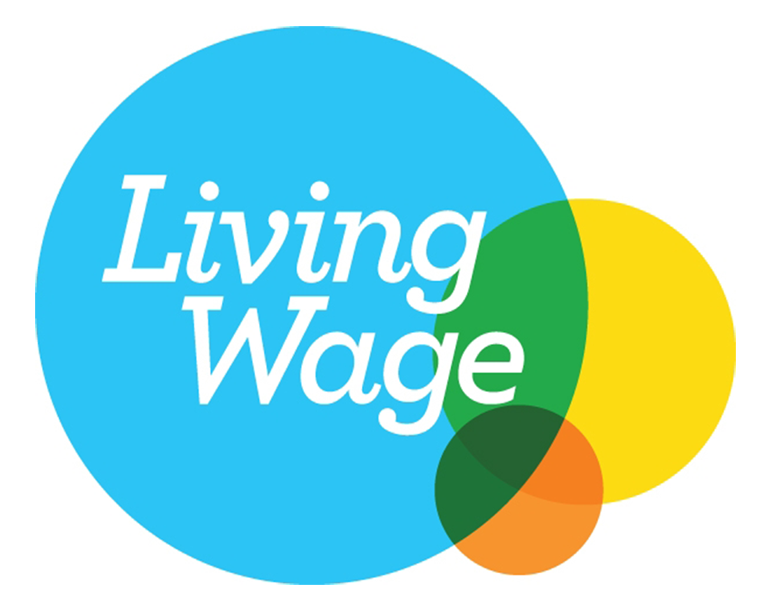As Artificial Intelligence (AI) continues to evolve, organisations in the third sector are facing both exciting opportunities and significant challenges. From understanding AI's impact on the environment to navigating ethical considerations such as privacy and creators' rights, the journey toward AI adoption can feel daunting. But how can we, as organisations focused on social good, leverage AI in a way that aligns with our core values and drives meaningful impact?
Insights from the Memberwise Digital Excellence 2025 Conference
Recently, our team at Circle attended the Memberwise Digital Excellence conference in London, where over 350 professionals from membership and association organisations gathered to discuss the rapid evolution of AI. The discussions offered valuable advice on how we can start integrating AI thoughtfully and effectively within our organisations. Here are some key takeaways that could help you consider how AI can work for you, while maintaining your organisation's ethical standards.
1. Start Small and Build Strategically: Form an AI Working Group
One of the first steps is to bring together a small, dedicated team to explore AI. By brainstorming and discussing potential use cases, your organisation can start to understand where AI can add value. Identify the specific challenges you're facing – is there a particular process where you're spending too much time? Could AI help automate or streamline that task? By focusing on solving one problem at a time, you can gradually introduce AI in a way that complements your team’s human skills and supports your organisational culture.
2. Be Mindful of Data Privacy
Data privacy is a crucial concern when adopting AI. Consider where your data is stored and who has access to it. It’s important to ensure that any AI solutions you implement adhere to strict data protection standards, particularly when working with sensitive or personal data related to your members or beneficiaries.
3. Align AI with Your Organisation's Purpose
AI should serve as a tool to enhance your mission, not replace the human elements that make your organisation unique. Tim Elsom, Senior Executive Partner at IBM, shared a powerful message at the conference: “AI will not replace humans, but humans with AI will replace humans without it.” This highlights the importance of integrating AI in ways that amplify your strengths and support your goals. AI should complement your work, not disrupt the values and relationships you’ve built with your members and community.
4. Invest in AI with Purpose: Key Questions for Your Board
Before embarking on an AI pilot project, ask your board to consider these strategic questions:
Value Creation: What positive outcomes for your members or beneficiaries will AI help you achieve?
New Business Models: Could AI unlock new services or approaches that are difficult to deliver manually?
Leadership and Talent: Who will be responsible for overseeing AI initiatives, and what skills need to be developed within your team?
Scalability: Can the AI solution be scaled across different functions of your organisation?
Collaboration: How will various departments—IT, data, communications, and policy—work together to implement AI effectively?
These questions can help your board make informed decisions about AI adoption and ensure that any investment aligns with your organisational goals.
5. Be Mindful of Bias and Diversity in AI
Paul Blundel from the Arts Marketing Association reminded us that AI is a tool, not a perfect solution. AI language models are trained on data that may not always reflect the diversity or nuances of your audience. It's important to check for bias in your prompts and ensure that the AI you use is designed to represent the diverse needs of your community. Avoid over-relying on AI for tasks where human judgement and sensitivity are key.
Blundel also highlighted the importance of being intentional with AI use: "Don’t generate what you won’t use. Use efficient prompts and be mindful of the outcomes you’re driving." By applying AI thoughtfully and deliberately, you can avoid wasting resources and ensure that your use of technology remains aligned with your core values.
6. Keeping Your Approach Human-Centered
While AI can provide tremendous efficiencies, it’s essential to keep the human element at the heart of your work. As you experiment with AI, ask yourself: how can this tool enhance the impact of your work without losing the personal touch that defines your organisation? Technology should be a partner in your mission, not a replacement for the human connection at the core of your operations.
Conclusion: AI as a Tool for Positive Change
The rapid advancements in AI present exciting opportunities for the third sector. By taking a strategic, thoughtful approach to integrating AI—focused on ethical considerations, privacy, and complementing your human strengths—you can unlock new efficiencies and capabilities that further your mission. Remember, AI should never replace the human element in your organisation; it should empower you to do more of what matters most.
Are you ready to explore how AI can support your organisation’s goals while staying true to your values? Let’s work together to navigate the possibilities.








